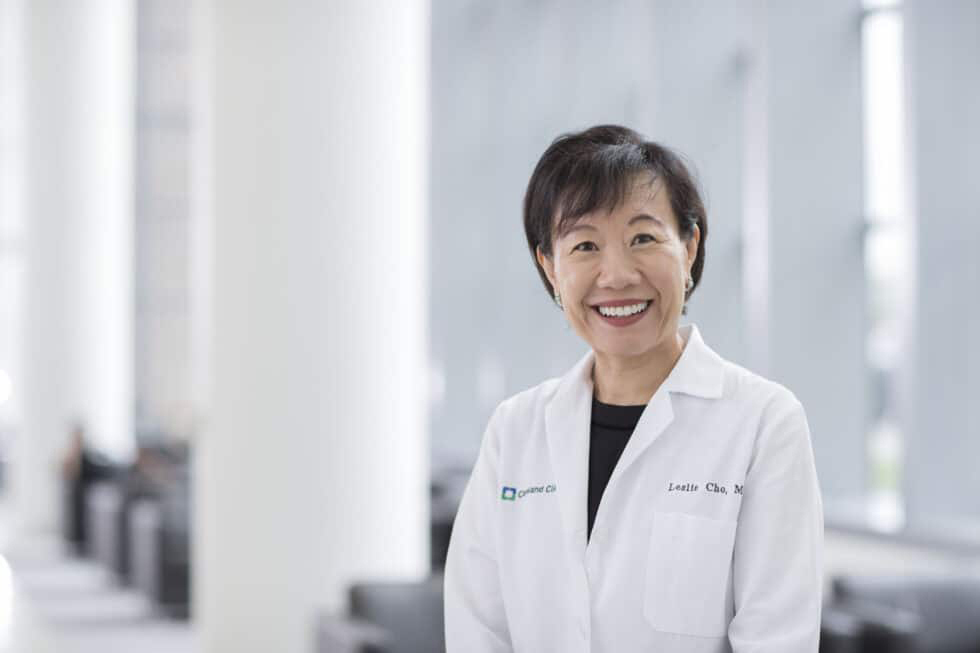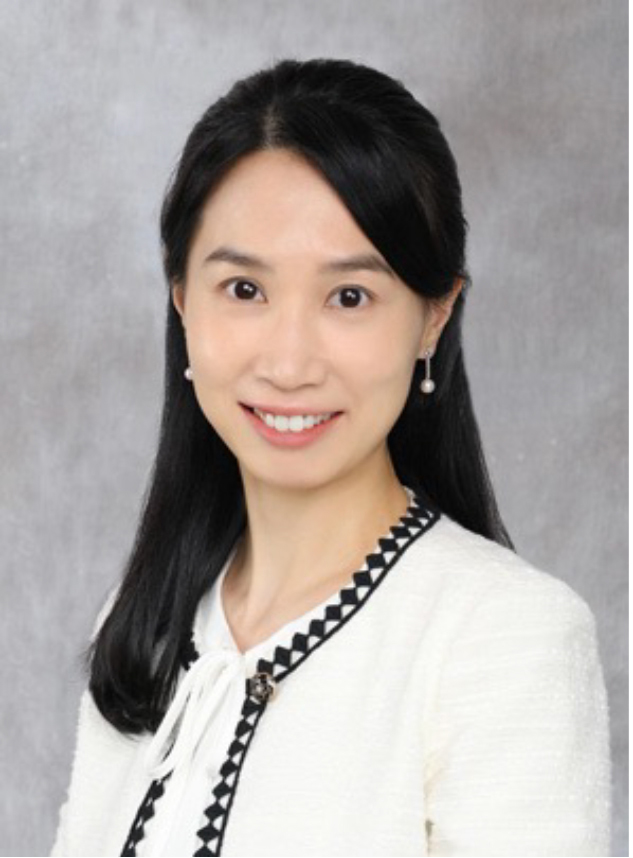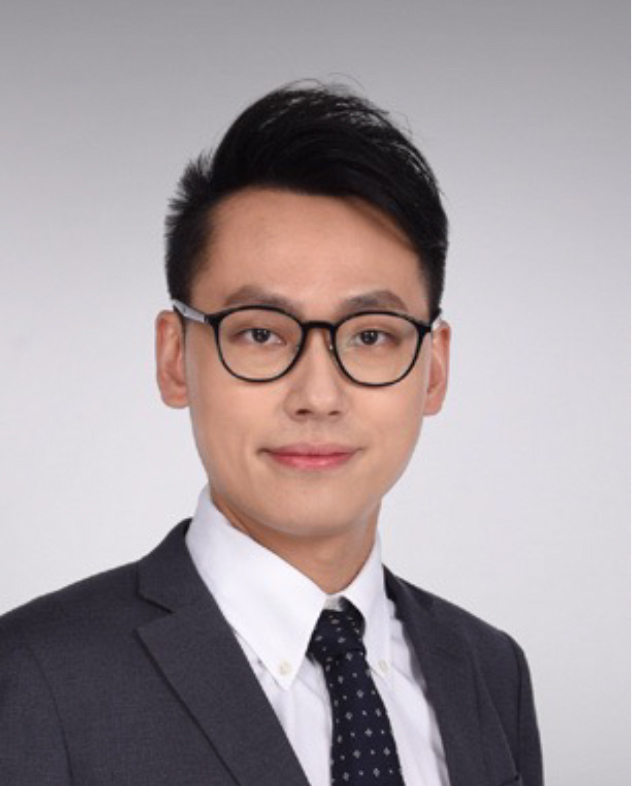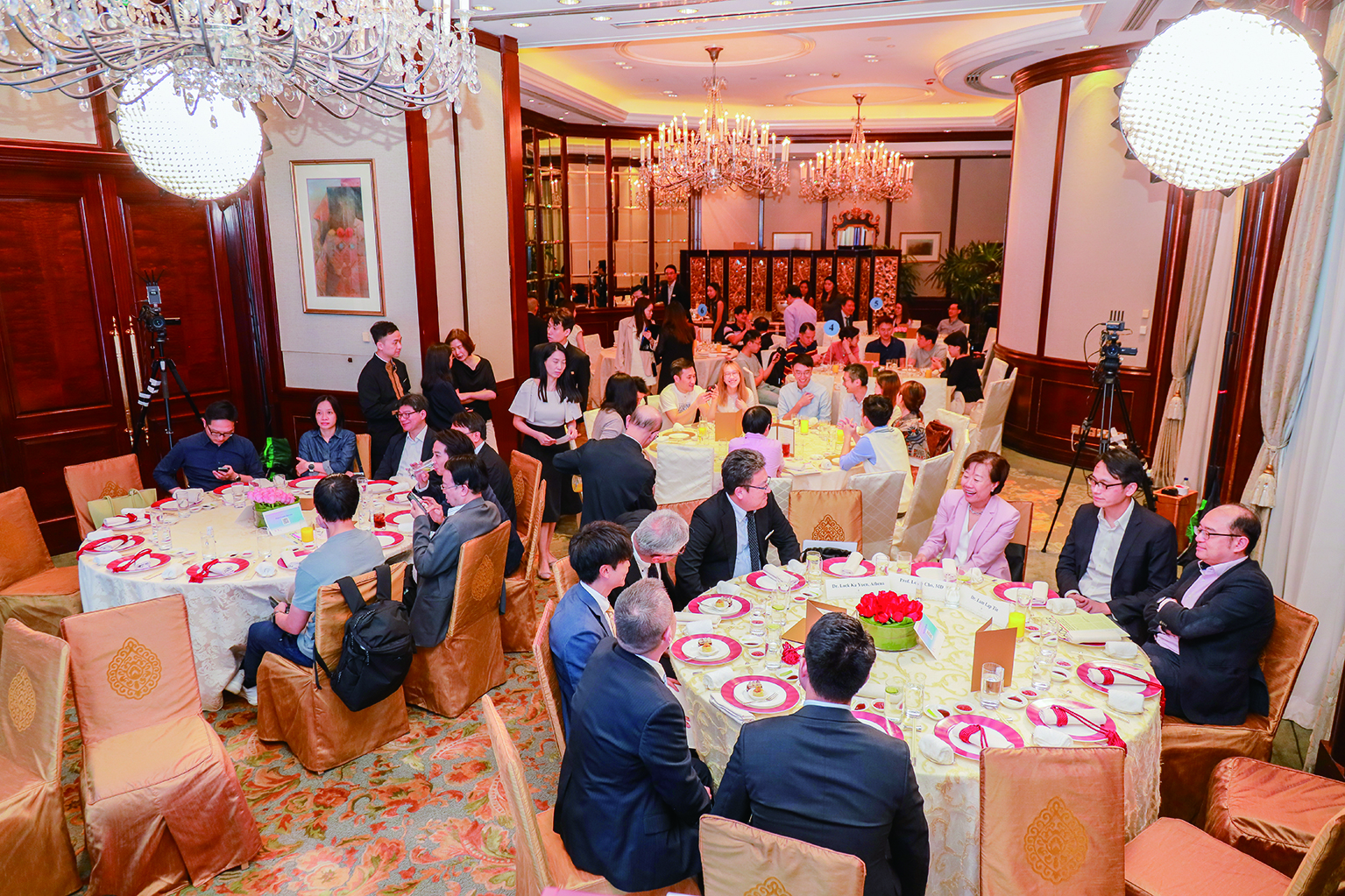

- Professor of Medicine, Cleveland Clinic Lerner School of Medicine and Case Western Reserve Medical School
- Section Head, Preventive Cardiology and Rehabilitation, and Chief Quality Officer, Robert and Suzanne Tomsich Department of Cardiovascular Medicine, Cleveland Clinic, Ohio, USA

- Chairperson, Diabetes Division,
- Hong Kong Society of Endocrinology, Metabolism and Reproduction (HKSEMR)

- Associate Consultant, Grantham Hospital Cardiac Medicine Unit, Hong Kong
- Honorary Clinical Assistant Professor, Department of Medicine, University of Hong Kong
Cardiovascular (CVD) is the leading cause of death worldwide, and elevated low-density lipoprotein-cholesterol (LDL-C) stands as a major risk factor for CVD. Over the past decade, there has been a growing emphasis on achieving a greater reduction in LDL-C level and despite the widespread use of statin therapy, some patients may fail to achieve the LDL-C reduction goal or remain intolerant to the statin therapy.
On the 7th October 2024, a scientific symposium supported by the Hong Kong Public Hospital Cardiologists Association (HKPHCA) and the Hong Kong Society of Endocrinology, Metabolism and Reproduction (HKSEMR), titled “Non-Statin Therapy: Whom, When and Why” discussed the utilisation of various non-statin therapies aimed to help LDL-C reduction in patients with high risk of CVD. The symposium was led by Professor Leslie Cho, a world-renowned Professor of Medicine from Cleveland Clinic, United States who shared her clinical experiences and insights on the management of LDL-C level with non-statin therapy.
The symposium commenced with an opening remark delivered by Dr. Lock Ka Yuen, Athena, the Chairperson of the Diabetes Division of HKSEMR, and Dr. Lam Lap Tim, the Associate Consultant at Grantham Hospital, Cardiac Medicine Unit. This was then followed by a brief from Prof. Cho highlighting the treatment evolution of LDL-C supported by the latest clinical guidelines. She then went on to introduce different types of non-statin therapies, including ezetimibe, bempedoic acid and proprotein convertase subtilisin/kexin type 9 (PCSK9) inhibitors based on their pertinent clinical study data.
In summary, Prof. Cho emphasised the importance of patient-centered care and outlined the criteria utilised when assessing the need for non-statin therapies. The symposium was then followed up with a Q&A session which was enthusiastically supported by all attendees. Finally, the symposium concluded with a closing remark made by Dr. Lock and Dr. Lam prior to the dinner session attended by all attendees.












